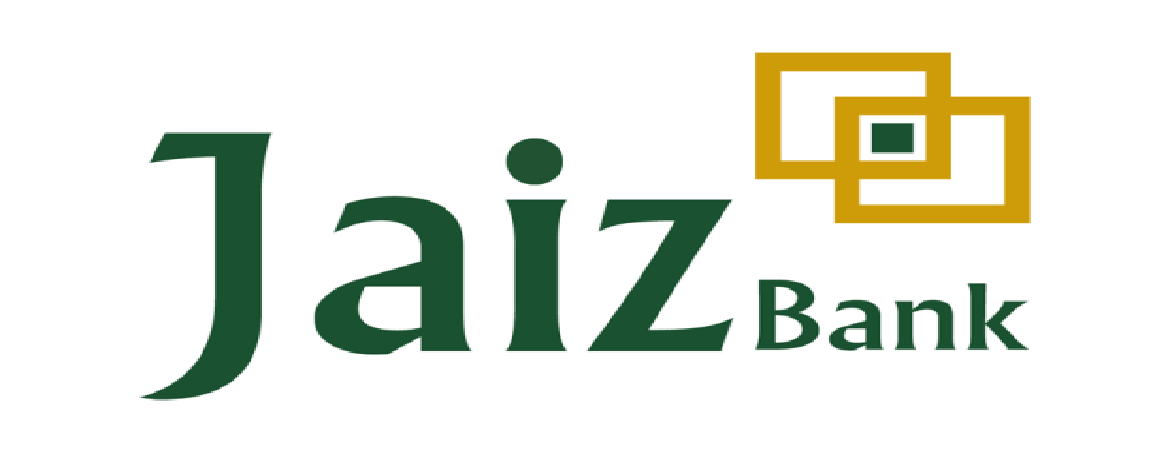After a challenging period, Islamic banks can be confident of brighter prospects in the coming year. The Banker’s 2021 Top Islamic Financial Institutions rankings paints a picture of global resilience in the face of the economic challenges thrown up by the C -19 pandemic, even as profits slipped back.
While uncertainty over the state of the global economic recovery remains, the much-improved prognosis for key Middle East and Asian economies bodes well for the world’s largest sharia-compliant lenders. Other markets outside Islamic finance’s traditional heartlands, meanwhile, continue to display impressive growth.
Total sharia-compliant assets worldwide (excluding Iran and Lebanon) grew by 10.8% to $1.48tn at the end of 2020, two-thirds of which is held by standalone Islamic finance institutions, according to data compiled by Maris Strategies.
Growth in the sector is forecast to hold steady at 10–12% for 2021 and 2022, according to forecasts from S&P Global Ratings, prompted by improvements in standardisation and better economic growth prospects in key markets such as Saudi Arabia, the UAE, Malaysia and Indonesia.
Islamic banking’s heartland remains the Middle East and North Africa (MENA), with lenders in the region holding 70% of the world’s sharia-compliant assets. Assets in the region grew by 9.8% during the year to $1.0tn, compared with a 12% growth in 2019, according to Maris Strategies.
Saudi Arabia remains the single biggest market for Islamic finance both in MENA and beyond, with four lenders in the global top 10 ranking of Islamic banks.
After a comparatively small growth of 5.4% in 2019, Asian sharia-compliant lenders saw their aggregate asset base increase by 10.3% to $396.4bn in 2020.
Malaysia, the world’s most developed Islamic banking market, remains dominant in the region, with four lenders in the main top 20 rankings and more Islamic lenders than any other country in Asia.
The Islamic banking sector in sub-Saharan Africa remains firmly in its infancy in 2020, in spite of enormous growth potential; Nigeria alone has a Muslim population of around 100 million, around double the combined population of Malaysia and Saudi Arabia, yet sharia-compliant assets account for less than 1% of total assets.
Nevertheless, Nigeria’s Jaiz Bank, one of only two fully fledged Islamic banks in the country (the second, TajBank, began offering services in late 2019), reported a 40% rise in assets in 2020, making it the ninth-fastest growing Islamic bank with more than $500m in assets in the 2021 rankings.
“Long-standing constraints limit the Nigerian Islamic finance industry’s growth, including low awareness of Islamic financial products, along with scepticism and a lack of confidence by significant numbers of customers in the product’s sharia-compliance,” said Fitch Ratings in a research note from early 2021. “Sections of the public, including prominent non-Muslim groups, also strongly oppose the government making use of Islamic finance.”

 Join Daily Trust WhatsApp Community For Quick Access To News and Happenings Around You.
Join Daily Trust WhatsApp Community For Quick Access To News and Happenings Around You.


